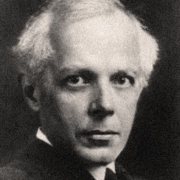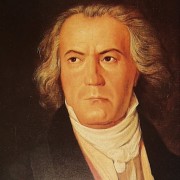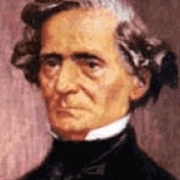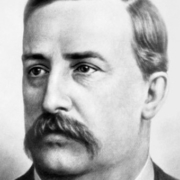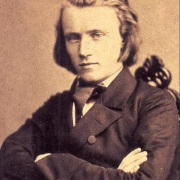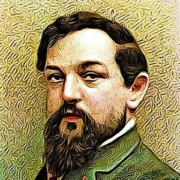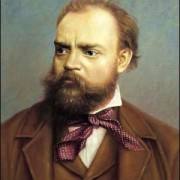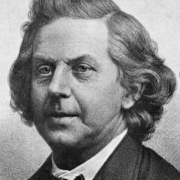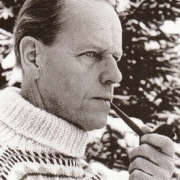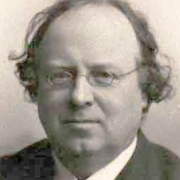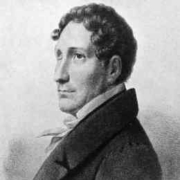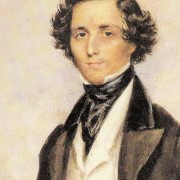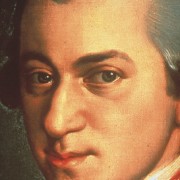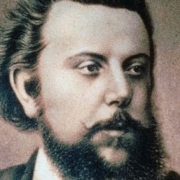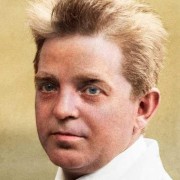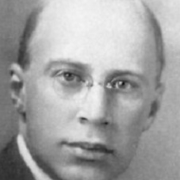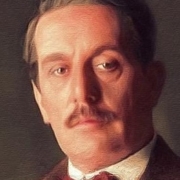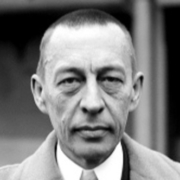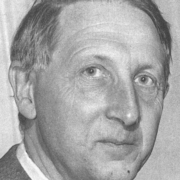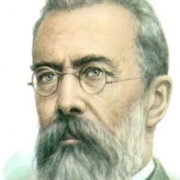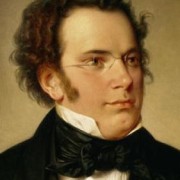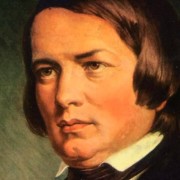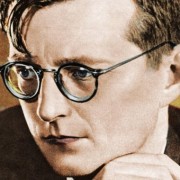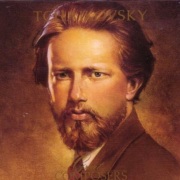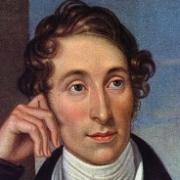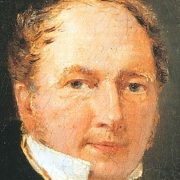Classical Music
“The human emotion and experience – the very fabric of life”
“Classical music” will be enjoyed by all future generations
Important composers
(go to each page to watch videos with their very best music)
- Béla Bartók was a composer, pianist, ethnomusicologist, and teacher noted for the Hungarian flavor of his music.
- Hector Berlioz was a prominent French composer, who composed the Symphonie fantastique and choral pieces including the Requiem and three operas.
- Ludwig van Beethoven is one of the greatest composers of all time. He made 9 symphonies, 5 concertos for piano, a violin concerto, and chamber music.
- Alexander Borodin was a Russian doctor and chemist who – in his spare time – composed Romantic symphonies, chamber music, and an opera.
- Johannes Brahms was an uncompromising perfectionist. His four symphonies and the two piano concerts are among the most played in our time.
- Claude Debussy was a highly influential French impressionist composer of the late 19th and early 20th centuries.
- Antonín Dvořák frequently employed folk music in his compositions. His “New World” symphony is most popular.
- Niels W. Gade composed 8 symphonies and a number of romantic cantatas.
- Vagn Holmboe was a neo-classical composer who composed about 370 works, including 13 symphonies.
- C. F. E. Horneman composed entertainments and opera fantasies.
- Friedrich Kuhlau was a Dane who composed the music to the popular play Elverhøj (The Elves’ Hill).
- Felix Mendelssohn’s best-known music includes A Midsummer Night’s Dream, the Italian Symphony, and the Violin Concerto.
- Wolfgang Amadeus Mozart composed more than 600 compositions in his short life. He is regarded as the finest composer ever in existence.
- Modest Mussorgsky was a Russian composer inspired by national themes. He made “Pictures at an Exhibition” and two operas.
- Carl Nielsen is Denmark’s greatest composer. He composed symphonies, concertos, operas and many songs.
- Sergei Prokofiev was a modern Russian composer who wrote symphonies, concerti, film music, operas, and ballet music.
- Giacomo Puccini was an Italian composer who was regarded as the greatest and most successful proponent of Italian opera after Verdi.
- Sergey Rachmaninoff was a Russian composer who was the last great figure in the tradition of Russian Romanticism and a leading piano virtuoso of his time.
- Knudåge Riisager composed ballet music, symphonies, and concertos. He became famous for his music to the ballet Etudes.
- Nikolai Rimsky-Korsakov was a Russian composer who composed the suite Scheherazade, symphonies, and operas.
- Franz Schubert was extremely prolific. In his short life, he composed Lieder, symphonies and chamber and piano music.
- Robert Schumann made romantic works for piano, Lieder, chamber music, and four symphonies.
- Dmitri Shostakovich was a child prodigy. He composed symphonies, concerti. operas, song cycles, and film music.
- Igor Stravinsky was a Russian-born composer whose modern work had a revolutionary impact on musical thought and sensibility just before and after World War I.
- Pyotr Ilyich Tchaikovsky obtained international popularity with his symphonies, concertos, operas, and ballet music.
- Carl Maria von Weber was a German composer, conductor, virtuoso pianist, guitarist, and critic who was one of the first significant composers of the Romantic era.
- C. E. F. Weyse wrote symphonies, cantatas, and melodies to many Danish songs.
The word “classic” is often used about an artistic creation, which is so good that it will always be enjoyed by future generations. It is something that has become a model for future artists. The period of Ancient Greece and Rome is known as the Classical Period because, many centuries later, people looked back to those ancient civilizations and thought they were perfect.
In recent European history, the 18th century was known as the Classical Period because musicians, artists, writers, and philosophers were inspired by the art forms of the Classical Period of Ancient Greece and Rome. Something that is a “classic” is, therefore, something that will always be remembered as something great.
So “classical music” means music that will not be forgotten, but will be enjoyed by all future generations. The term “classical music” was created in the early 19th century when the music of the great composers: Bach, Haydn, Mozart, and Beethoven was praised by people as being “classical”.
Classical music is rooted in the European music tradition. A staff notation is used by composers to prescribe to the performer the pitches (e.g., melodies, basslines, and/or chords), tempo, meter, and rhythms for the music. This leaves little room for improvisation.
Classical music often uses highly sophisticated forms of instrumental music such as the concerto, symphony, sonata, and mixed vocal and instrumental styles such as opera.
Music composed after the 19th century may still be “classic” if it achieves timeless popularity.
On this website, I present my personal selection of the best classical music. I hope you like it.

